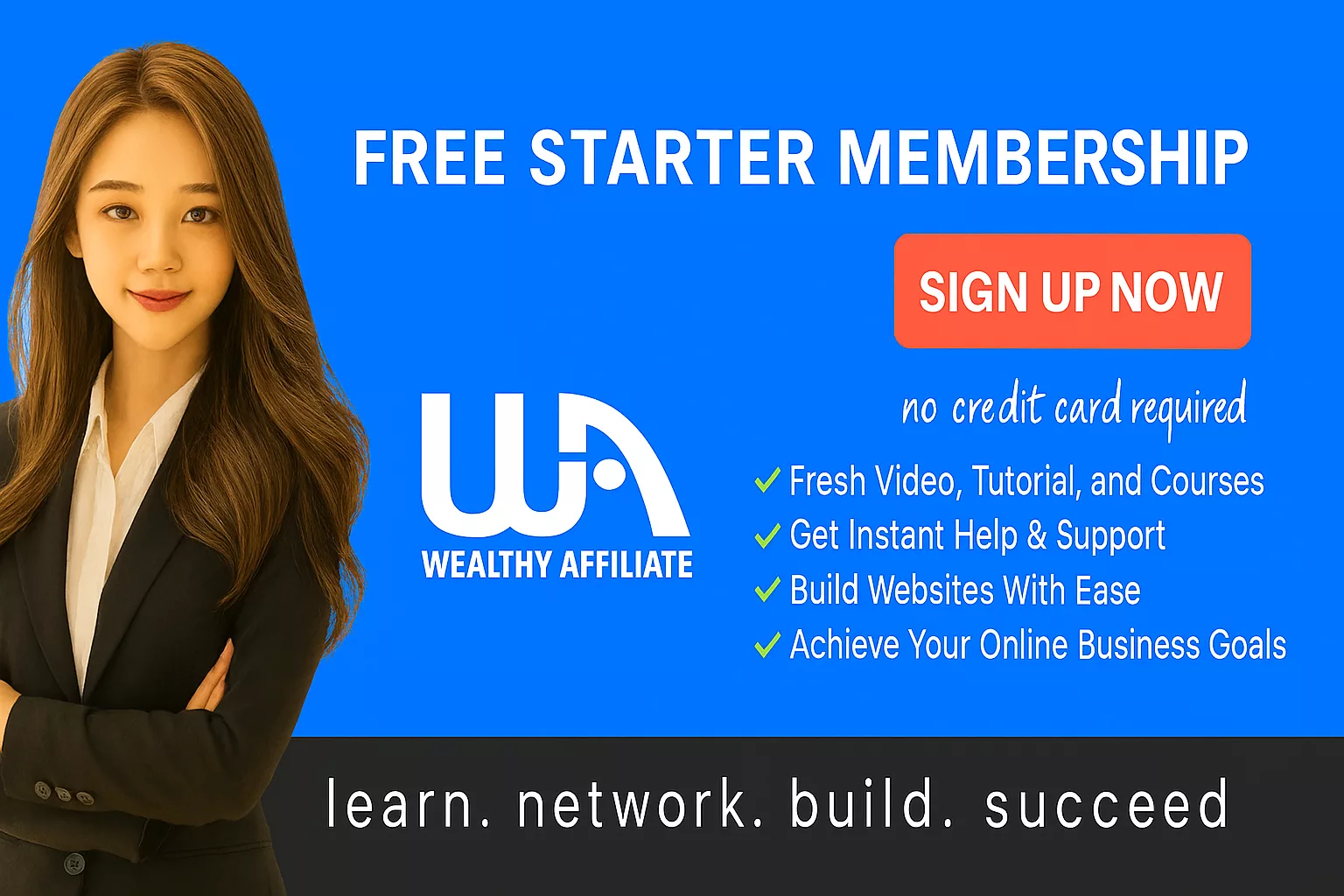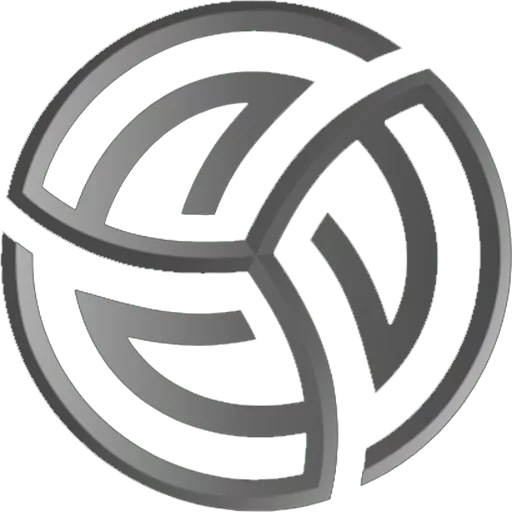Education, at its essence, is not a destination; it is a journey. It is a continuous journey. The deeper we explore knowledge, the more we realize how little we truly know. This awareness, far from discouraging, serves as the very fuel for meaningful learning. The statement “Education is a progressive discovery of our ignorance” captures the heart of what genuine education aims to achieve: not to fill us with pride for how much we know, but to humble us into recognizing the vast terrain that remains uncharted.
From childhood classrooms to postgraduate research, from self-study to mentorship, every educational experience brings with it layers of discovery. Yet, as each layer peels away, it often reveals more questions than answers. That paradox is not a flaw in education but its core strength. It opens minds, softens rigid views, and builds thinkers who adapt rather than stagnate.
In the context of professional growth, entrepreneurship, and especially affiliate marketing, this mindset becomes even more crucial. Markets change. Tools evolve. Audiences behave differently over time. To thrive, marketers must continually learn, test, reflect, and refine their strategies. Success comes not from pretending to have all the answers, but from staying curious and embracing the process of growth.
This article examines how the progressive nature of education influences our personal and professional development, why humility is the hidden key to mastery, and how acknowledging our ignorance enables us to remain relevant, effective, and connected in any field.
Rethinking the Purpose of Education
For many, education begins as a structured journey, marked by lessons, exams, grades, and degrees. This is often referred to as formal education. It lays the groundwork for literacy, numeracy, and critical thinking. It introduces us to foundational subjects and equips us with social frameworks.
But formal education is only the beginning. It teaches us what has already been discovered. It gives us established truths, formulas, theories, and facts. While this knowledge is essential, it represents only a small slice of what the world has to offer.
The real power of education becomes apparent when we step beyond the boundaries of the curriculum. When we begin to question, to explore deeper, and to connect the dots that were not laid out for us, that is when education becomes less about accumulation and more about transformation. We do not just learn facts. We begin to understand perspectives. We question our assumptions. We see nuance where once we saw simplicity.
In this sense, formal education is a doorway, not a destination. It prepares us to begin the deeper, lifelong practice of learning, a practice rooted in the realization that what we do not know still outweighs what we do.


The Role of Ignorance in Personal Growth
The word “ignorance” often carries negative connotations. People fear appearing ignorant, associating it with a lack of intelligence or effort. But genuine ignorance, the acknowledgment that there is more to learn, is not a weakness. It is the beginning of wisdom.
When you admit that you do not know something, you open yourself up to learning. You make space for improvement. You allow room for others to teach you, for new insights to reach you, and for your thinking to evolve.
This mindset builds resilience. If you expect yourself to know everything, any mistake becomes a threat to your identity. But if you view yourself as a student of life, every mistake becomes a lesson. That shift changes how you approach challenges. You do not avoid them. You engage with them, knowing that growth lies on the other side.
In a world that rewards bold opinions and instant expertise, humility stands out as a distinct quality. People trust those who show a willingness to learn. They resonate with authenticity more than performance. And they gravitate toward leaders who continue to learn, even when they already have success.
By accepting that we do not know it all, we permit ourselves to become better, not just once, but continually.
Education in the Age of Information
We live in an age where information is everywhere. At any moment, you can search for an answer, watch a tutorial, or access data. On the surface, it might seem like education is easier than ever. However, having access to information is not the same as having a genuine understanding of it.
The more information you encounter, the more you realize how much context and discernment matter. Not every source is reliable. Not every trend is worth following. Not every statistic tells the whole story.
That is where critical thinking, a byproduct of education, becomes vital. You learn not just to gather facts but to evaluate them. You learn to question sources, challenge narratives, and look deeper. And each time you uncover a bias, a blind spot, or a misunderstanding, you discover your ignorance once again.
This is not a cause for shame. It is a sign of growth. The person who questions their knowledge is the one who evolves. In contrast, those who believe they already know enough become outdated quickly.
Especially in fields that change rapidly, like digital marketing and technology, the ability to unlearn and relearn is more valuable than clinging to outdated expertise.

How Ignorance Drives Innovation
Some of the world’s most revolutionary ideas came from people who did not know something was “impossible.” Their ignorance of conventional limits allowed them to experiment freely. They asked different questions. They combined concepts in unconventional ways. They broke rules not out of rebellion, but because they were unaware of the existing regulations.
This kind of innovation is not reckless. It is rooted in curiosity. It comes from people who admit they do not know everything and are excited by that truth. They do not fear failure. They see it as part of the learning curve.
In entrepreneurship and marketing, this attitude creates breakthroughs. If you only follow proven formulas, you might achieve competence, but not excellence. The standout campaigns, the most engaging content, and the most valuable products often come from trial, error, and fresh perspective.
By embracing what you do not know, you create space for creativity to flourish. You become open to ideas others might dismiss. You listen more. You collaborate better. And in the process, you find new paths forward.
Affiliate Marketing as a Classroom
In affiliate marketing, education is not just an asset; it is a vital component of success. It is a necessity. This industry demands self-direction, strategic thinking, and a deep understanding of human behavior. To succeed, you must stay ahead of trends, master multiple platforms, refine your messaging, and track key performance indicators.
But perhaps more importantly, you must be willing to evolve. The tactics that were effective a year ago may not be effective today. Algorithms change. Audiences shift. Competition increases. If you approach this space as someone who already knows it all, you will lose momentum fast.
The most successful affiliate marketers operate like students. They study copywriting to improve conversion. They learn about audience segmentation to deliver relevance. They experiment with new traffic sources. They test landing pages, analyze the results, and make adjustments accordingly.
Every failed campaign becomes feedback. Every unanswered email reveals something about messaging. Every success teaches not just what to repeat but why it worked.
This approach mirrors the philosophy that education is a discovery of ignorance. You start with assumptions. You test them. You discover gaps. You refine. And each cycle makes you better.
This is not a process that ends; it continues. It continues for as long as you want to grow.

Building a Culture of Curiosity
If you want to grow personally or professionally, cultivate a sense of curiosity. Ask more questions. Seek feedback. Read widely. Listen deeply. Reflect on your beliefs, your habits, and your patterns.
Surround yourself with people who challenge your thinking. Learn from those outside your industry. Talk to people with different perspectives. Let discomfort be a sign that growth is happening.
Keep a journal of what you learn. Not just facts, but insights — what you discovered about yourself, about others, or about how the world works. This practice not only reinforces knowledge but reveals how far you have come.
Celebrate your ignorance. See it as a compass pointing to what matters most. It shows you where your next breakthrough lies. It guides you toward the skills, ideas, or habits that will help you get to your next level.
When you make peace with not knowing everything, you gain the freedom to grow into anything.
The Ongoing Discovery That Defines a Life
Education is not about having all the answers; it’s about having the right questions. It is about developing better questions. It is about refining your lens, deepening your understanding, and strengthening your ability to contribute meaningfully.
It is a practice, not a performance: a journey, not a finish line.
The people who leave the most significant impact on the world rarely do so because they claim certainty. They made their mark by continuing to ask, to explore, and to admit when they were wrong. They treated learning not as a stepping stone, but as a way of life.
The more we learn, the more we realize how much we still have to understand. That realization should not make us feel small. It should make us feel alive.
Because each new layer of awareness reveals another chance to become better, wiser, kinder, more effective, and more creative.
So let your education never end. Let your curiosity lead. Let your questions grow deeper, your mind more open, and your journey richer.
Because ignorance is not your enemy, it is your invitation. To learn. To grow. And to become who you were always meant to be.

